Science 4.2
Scientific investigation and reasoning. The student uses scientific practices during laboratory and outdoor investigations. The student is expected to:
- (1) plan and implement descriptive investigations,
including asking well defined questions, making inferences, and selecting and
using appropriate equipment or technology to answer his/her questions;
- (A) collect and record data by observing and measuring, using the metric system, and using descriptive words and numerals such as labeled drawings, writing, and concept maps;
- (B) construct simple tables, charts, bar graphs, and maps using tools and current technology to organize, examine, and evaluate data;
- (C) analyze data and interpret patterns to construct reasonable explanations from data that can be observed and measured;
- (D) perform repeated investigations to increase the reliability of results; and
- (E) communicate valid oral and written results supported by data.
- Plus Plan
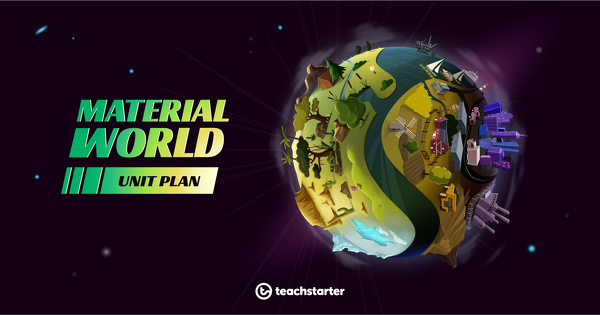
Now I Understand - Building a Solid Conclusion for an Experiment
A 60 minute lesson in which students will learn how to build solid scientific conclusions for experiments.
- Plus Plan
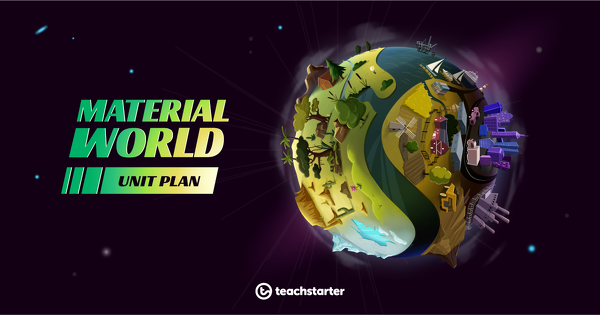
Science Experiment - Suck It Up!
A 60 minute lesson in which students will investigate materials and their absorptive properties through a scientific investigation.
- Plus Plan
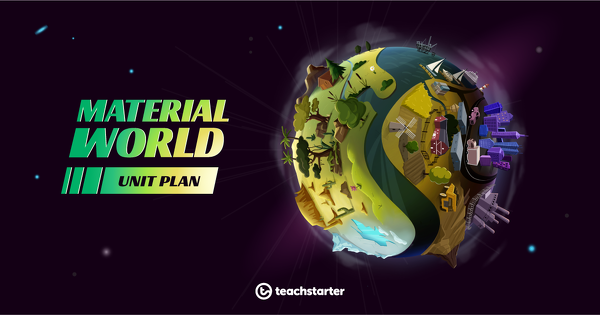
What's the Use? - Developing a Hypothesis to Investigate
A 60 minute lesson in which students will learn how to develop an effective hypothesis for scientific investigations.
- Plus Plan
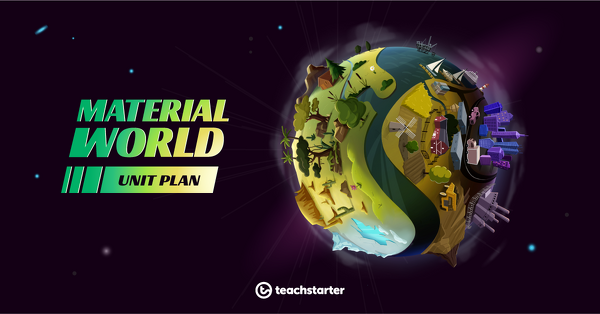
Freedom of Choice - Developing Scientific Lines of Questioning
A 60 minute lesson in which students will learn how to develop scientific lines of questioning to initiate a scientific investigation.
- Plus Plan
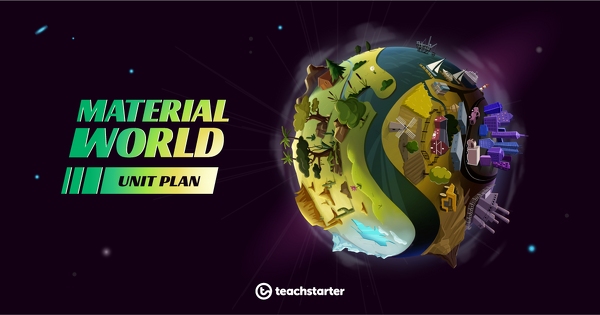
Plastic and Concrete - How Do People Use Processed Materials?
A 60 minute lesson in which students will investigate the ways humans produce and use processed materials.
- Plus Plan
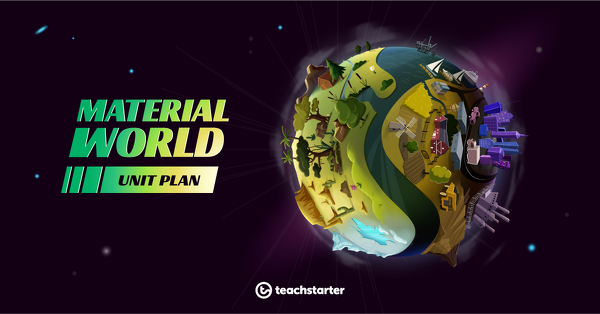
Natural Science - How Do People Use Natural Materials?
A 60 minute lesson in which students will investigate the use of natural materials by humans throughout history.
- Plus Plan
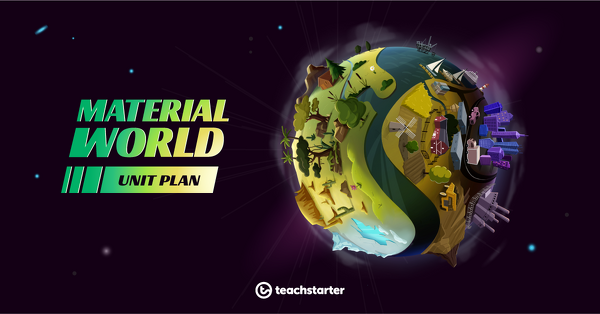
Living in the Material World - Examining Natural and Processed Materials
A 60 minute lesson in which students will examine and understand the differences between natural and processed materials and their uses.